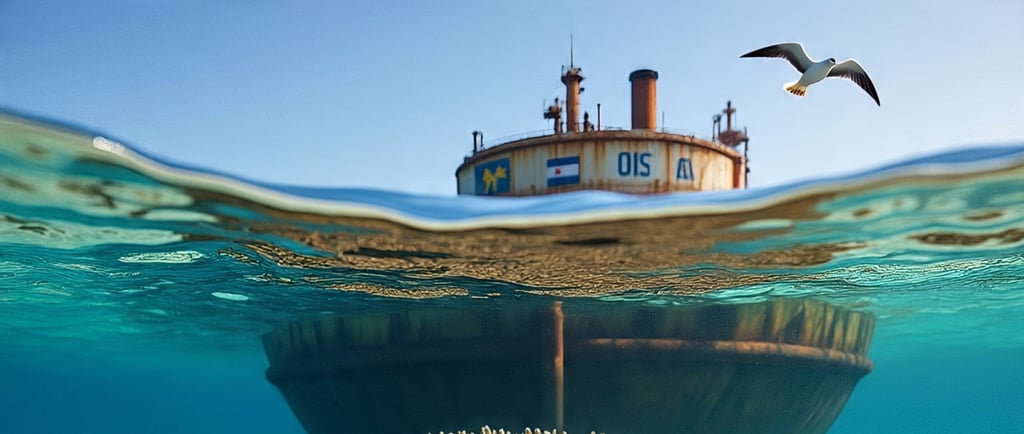Lakshadweep saw 50% reduction in Corals
GS PAPER 3


Lakshadweep Coral Crisis – 1-Minute Summary
Massive Coral Loss
Over 50% of coral cover in Lakshadweep has been lost in just a few months due to mass coral bleaching.
The bleaching occurred in April-May 2024 when sea temperatures crossed 32.3°C, far beyond safe limits for corals.
Reason Behind Bleaching
The main cause is record-breaking marine heatwaves, linked to global warming and El Niño.
Corals expelled their symbiotic algae (zooxanthellae), leading to loss of colour and energy source, resulting in bleaching.
Ecological and Social Impact
Lakshadweep’s fringing reefs support fisheries, coastal protection, and tourism.
Repeated bleaching events (earlier in 1998 and 2010) have reduced the reefs’ resilience.
The current loss threatens livelihoods, biodiversity, and freshwater security of the islanders.
Urgent Warnings
Scientists warn that continued marine heatwaves could lead to permanent coral loss.
Urgent global climate action and local reef protection are needed to save Lakshadweep’s marine life.


